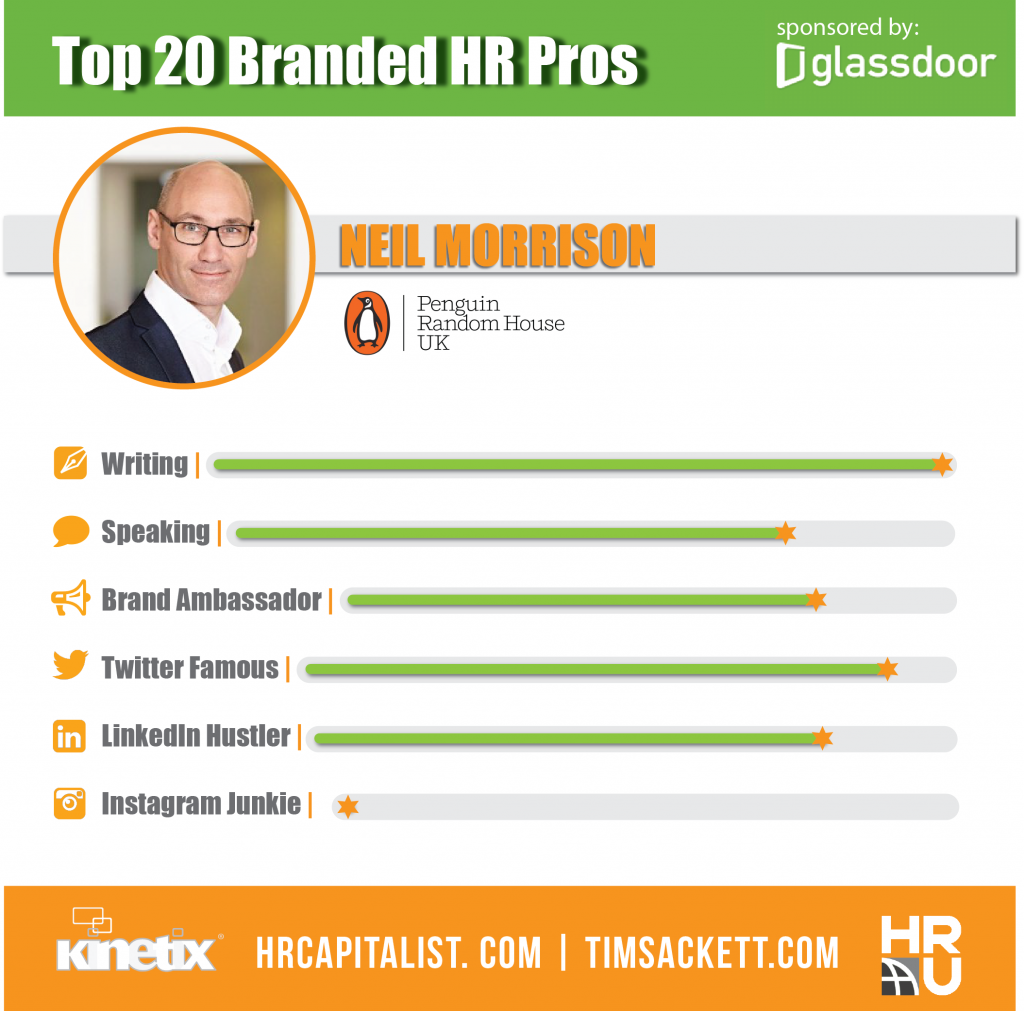I’m trained as an HR pro to pick up on ‘red flags’ in interviewing, in employee behavior, potential turnover risks, etc. Sometimes those red flags are really obvious. I tease my staff all the time, but missing time on Mondays and Fridays, unexcused time, is a red flag. It says something about how you feel about work, that you want to extend your weekend. It’s subtle, but in my experience it doesn’t play out well.
My new red flag is Positivity.
First, I’ll admit to you that I’m a mostly positive person. My normal gauge is set to “things will probably work out in the end”. I try to be realistic, without thinking the sky is going to fall when something doesn’t go my way. Life has been pretty good to me. My glass is over half full, and when it’s not, I believe I can find a way to fill it up.
What I don’t buy is the people who are so positive they seem to be telling themselves they’re positive. I tend to believe if you’re positive, you don’t need to say you outlook is positive, people will hear it and see it in your daily interactions. Those are the people you get drawn to. They are truly positive people who enjoy the life they’ve created for themselves.
There is another kind of positive person. This is the person who needs to keep reminding themselves and anyone around them they’re positive. This positive scares me. This positive is a red flag for me. This type of positive makes me believe you are actually fairly negative, but trying to turn yourself into positive.
Now, I don’t necessarily think that’s bad, someone wanting to change from negative to positive. I applaud the effort. I also know that most people are hardwired to lean one way. It’s your personality, and that’s really hard to change long term.
My friend, Kris Dunn, loves to ask applicants about what work experience in their life they enjoyed the most, and which one did they dislike the most. Each tell you something about the person. A truly positive person will have a hard time finding a place they truly disliked, but they’ll speak a ton about what they really liked. A truly negative person will do the opposite. They’ll go on and on about what they dislike, but move on quickly with their answer about what they like.
Basically, you can fake positivity, and it’s common amongst candidates. The problem is, you can’t fake it for long, and even if they can fake it, fake positivity can get down right annoying!
I think it’s important to remember that opposite of Positive Thinking isn’t Negative Thinking. It’s Possible Thinking. I want to hire people who are realistic about what is possible. Blind positivity doesn’t last and usually leads to a big fall. I don’t need the drama in my work environment. Who would have ever thought that positivity would be a hiring red flag!

